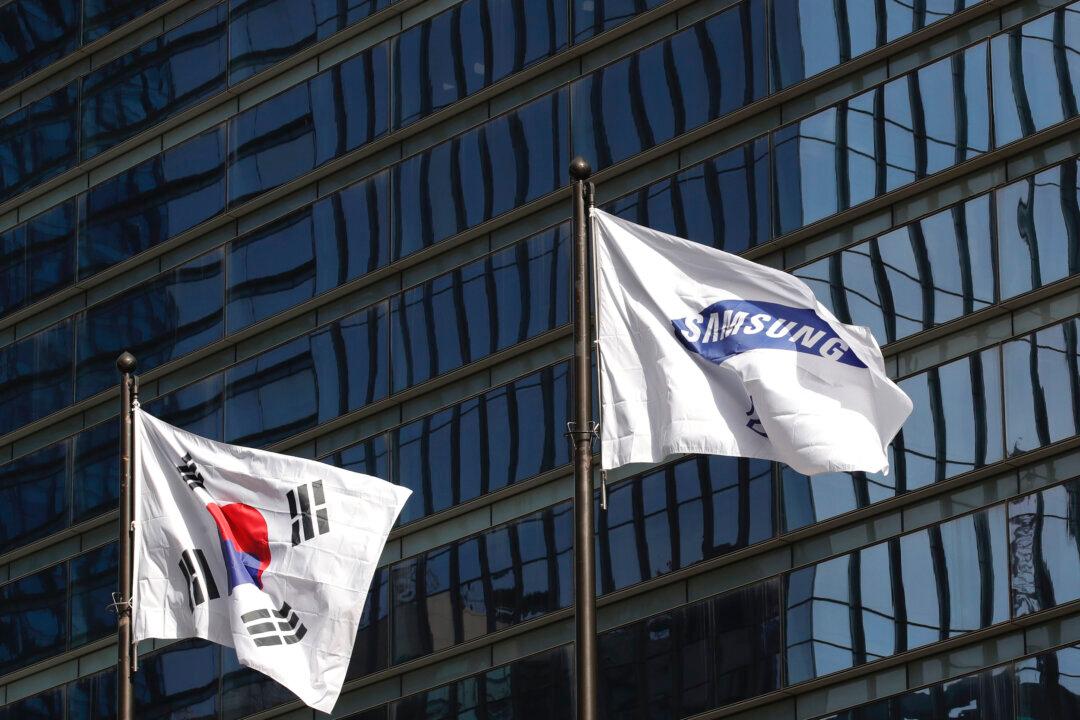South Korea’s major industries are experiencing supply disruptions in core components as the pandemic lockdowns in China show no end in sight. With the country’s high dependence on Chinese imports, any disruption in the supply chain would threaten the South Korean economy, according to a recent study.
Under the severe disruptions to the Chinese supply chain, many South Korean industries have experienced partial production cuts and shutdowns, fearing it may lead to an economic crisis if the Chinese lockdowns persist.





